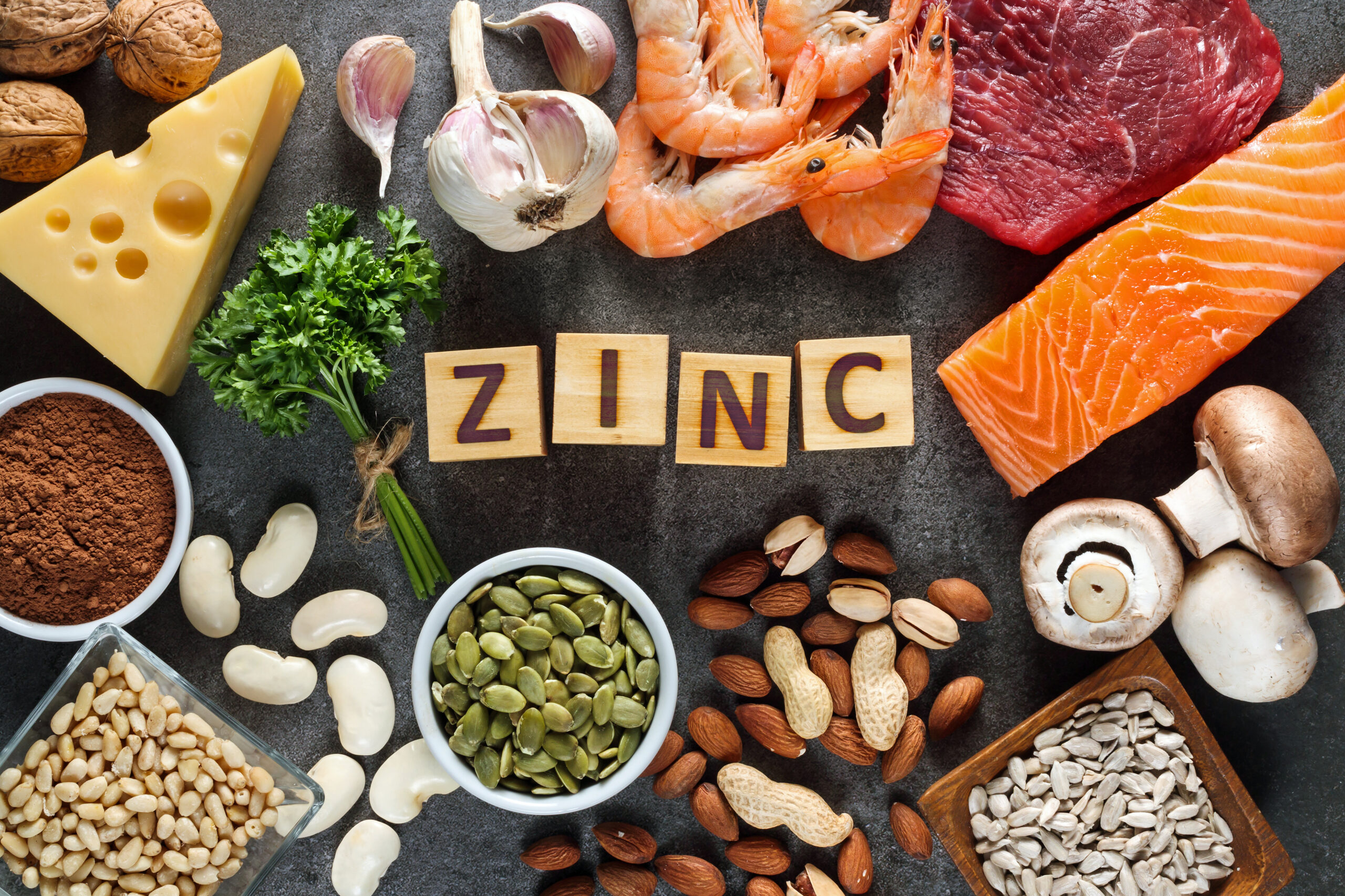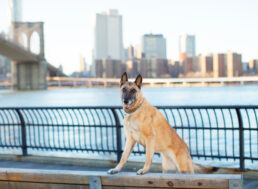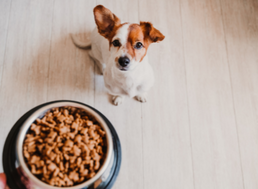The Zinc Effect
Not just another mineral. The essential element zinc plays an important role in cell division (among other functions), and because the epithelium of the paw pad contains cells that are constantly dividing, especially if the dog does a lot of walking on hard, abrasive surfaces, it was found to be important for paw health in dogs.
David Rosenblatt, D.V.M.
“How many kilometers a day??!!” I asked the young woman who was standing in my clinic with her large and miserable Rottweiler next to her. “About 20” she answered. “You want to tell me that you run with your dog almost 20 km a day?” I asked. “I’m impressed”. In response to my complementing her athletic capabilities, she explained: “I don’t run that distance. I ride in my Jeep. The dog runs alongside.”
This abuse, which was the result of good intentions, explained the sorry state of the poor dog’s cracked and wounded paw pads.
After recommending to the young woman that she ease up on her dog’s fitness program and go jogging with him while leaving the Jeep in the garage, I turned to treat the dog. The situation was painful, but not irreversible. I prescribed a few days of rest and a zinc supplement to enhance the healing process.
The pads on the bottom of dogs’ paws fulfil the same function as the soles of our shoes. The more we walk on hard abrasive surfaces, our soles become more and more worn. That’s why we have buy new shoes or refurbish them every so often. Dogs also “replace” the soles of their shoes, by continuously producing keratin tissue (the hard substance on the bottom of the paw that makes up the pads). If the renewal rate doesn’t keep up with the abrasion rate, the pads lose their thickness and pliability, which can result in pain, lameness and inflammation.
Because the essential element zinc plays an important role in cell division (among other functions), and because the epithelium of the paw pad contains cells that are constantly dividing, especially if the dog does a lot of walking on hard, abrasive surfaces, it was found to be important for paw health in dogs.
Despite its importance, the body does not know how to accumulate zinc, which is why dogs need an ongoing supply of zinc through their diet. If the dog’s food contains a sufficient amount of zinc, and if the rate of paw pad wear is reasonable, there is no reason why dogs should suffer from zinc deficiency. Nevertheless, it is worth noting, that there are dog breeds (especially huskies and malamutes) with a genetic disposition for poor zinc intake. These dogs might need a zinc supplement for life, of course after having been diagnosed and with a veterinary prescription.
It is important to remember that an excess amount of dietary zinc can be very dangerous. That is why, unless we’re dealing with a severe case requiring veterinary intervention, I prefer that all of the dog’s zinc needs are being met via their diet, without having to use nutritional supplements.
Maintaining healthy levels of zinc in the diet is especially important when feeding dogs that are exposed to long walks on hard abrasive surfaces like asphalt and concrete, such as city dogs that take walks on a leash.















